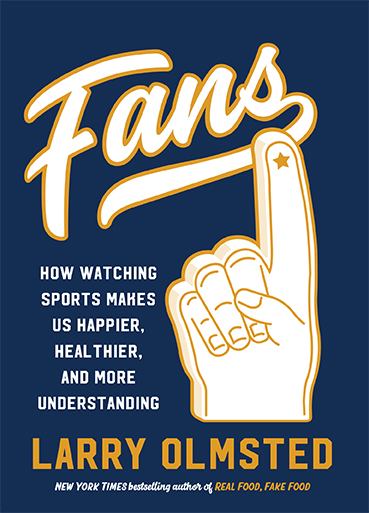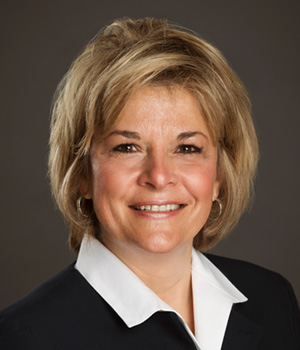EP 468 Why Passionate Sports Fans May Be Happier Than the Rest of Us
Are you a sports fan who has been told that you’re wasting your time watching your favorite team night in and night out? Recent studies suggest that this devotion may pay off in making you happier and healthier than those who have no interest. With the onset of fantasy sports, not a single team focus, there are cognitive benefits because of the analytics you must apply to the competition. Even rooting for a losing team involves a certain level of bonding with others, with whom you might agree on little else, to form community and connection. During the pandemic, we have seen what the absence of a live crowd of fans does to the feel of the game itself, thus reminding us of the role we play in bringing excitement to these contests. And certain sports, like the Olympics, often encourage spectators to try their hand at various of the competitions. In his book, ‘Fans: How Watching Sports Makes Us Happier, Healthier and More Understanding’, Larry Olmsted presents a game-changing look into why being a fan is good for us both as individuals and a society. We will debunk the myth that watching sports is a waste of time and that while fan is short hand for fanatic, it rarely leads to excessive behaviors that are harmful and, in fact, more often does just the opposite.
Podcast: Play in new window | Download








